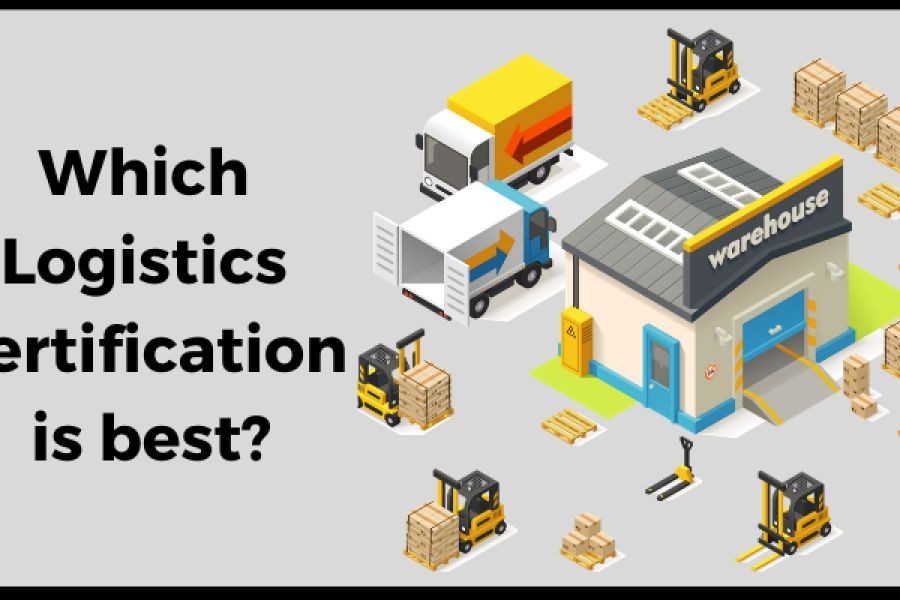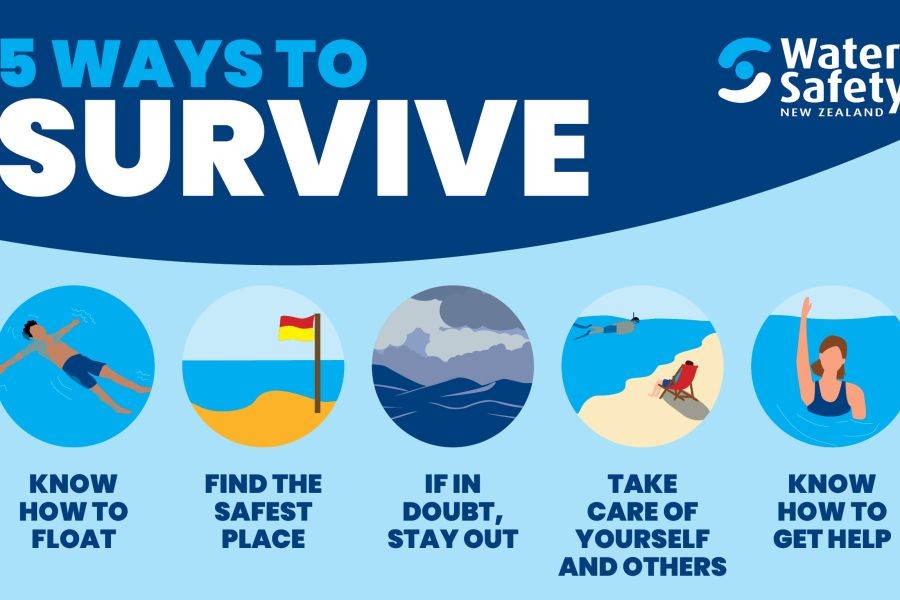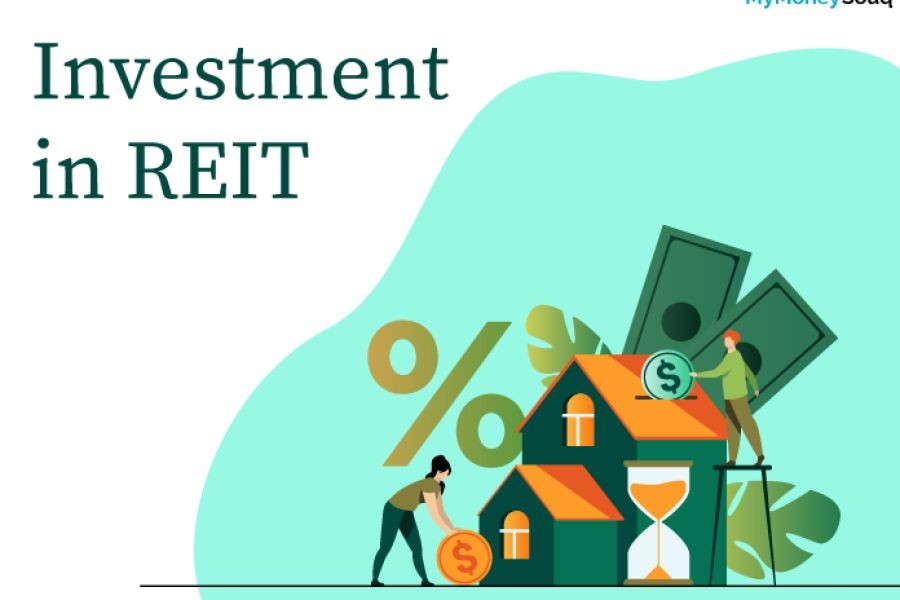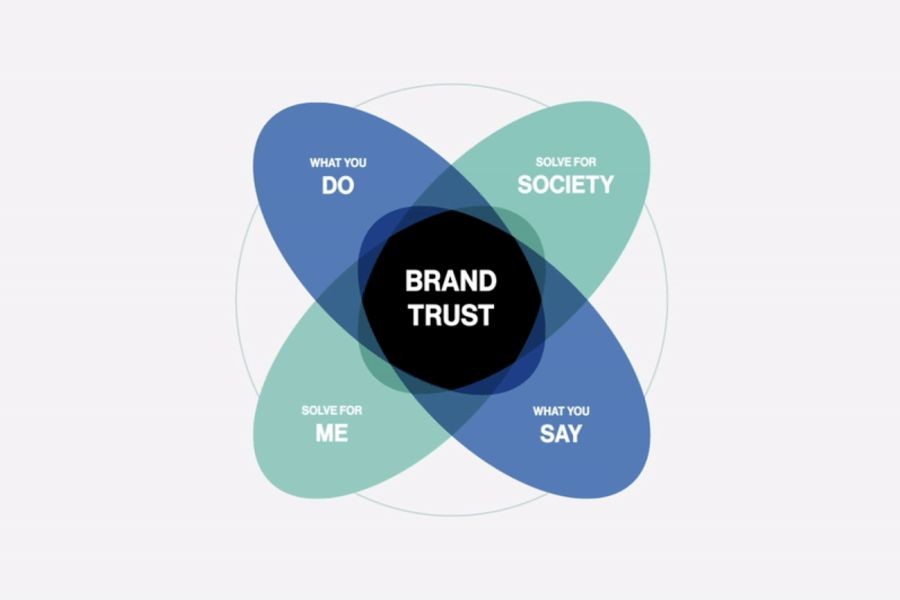New Zealand's logistics sector plays a pivotal role in its economy, facilitating the movement of goods across its vast landscapes and international borders. In an industry that's evolving with increased regulatory demands and technological advancements, obtaining logistics certifications for freight transport is not just a formality but a critical component to ensure compliance, efficiency, and competitive advantage. This article provides an in-depth guide for management consultants and logistics professionals in New Zealand on acquiring these certifications, highlighting their importance, and how they align with the country's economic landscape.
Understanding the Importance of Logistics Certifications
Logistics certifications are vital for maintaining high standards in freight transport. They ensure that companies comply with regulatory requirements, enhance operational efficiency, and improve customer trust. In New Zealand, the need for certifications is underscored by the country's commitment to sustainable and safe transport solutions, as outlined by the Ministry of Business, Innovation, and Employment (MBIE).
Why Certifications Matter in New Zealand
New Zealand's unique geographical setting presents distinct challenges in logistics, including remote rural areas and international shipping routes. Certifications help address these challenges by enforcing standards that promote safety, reduce environmental impact, and ensure the reliable movement of goods. According to Stats NZ, the logistics sector contributes significantly to the nation's GDP, emphasizing the importance of maintaining high operational standards.
How to Get Logistics Certifications in NZ: A Step-by-Step Guide
1. Identify Relevant Certifications
Begin by identifying the certifications that align with your business needs. Key logistics certifications in New Zealand include:
- ISO 9001: Focuses on quality management systems to ensure customer satisfaction and operational excellence.
- ISO 14001: Pertains to environmental management systems, crucial for sustainability in logistics operations.
- Customs Broker License: Required for handling customs documentation and ensuring compliance with international trade laws.
2. Understand the Requirements
Each certification has specific requirements. For instance, ISO certifications demand a comprehensive understanding of quality or environmental management systems, while a Customs Broker License requires knowledge of customs regulations and processes.
3. Develop an Implementation Plan
Create a detailed plan to meet certification requirements. This includes training staff, updating operational procedures, and investing in necessary technology. Collaborate with consultants or certification bodies to streamline the process.
4. Engage with Certification Bodies
Partner with accredited certification bodies in New Zealand. These organizations will assess your compliance with the standards and guide you through the certification process. Their expertise is crucial in navigating regulatory complexities and achieving certification efficiently.
5. Continuous Improvement
Once certified, maintain and improve your systems to ensure compliance and leverage the benefits of certification. Regular audits and updates to processes are essential to stay aligned with evolving standards and industry practices.
Real-World Case Studies
Case Study: Mainfreight – Achieving ISO 9001 Certification
Problem: Mainfreight, a leading logistics company in New Zealand, faced challenges in maintaining consistent service quality across its diverse operations.
Action: The company pursued ISO 9001 certification to standardize its quality management systems. This involved extensive training and process optimization.
Result: Post-certification, Mainfreight reported a 15% increase in customer satisfaction and a 20% reduction in operational errors, enhancing its reputation and competitiveness.
Takeaway: ISO 9001 certification can significantly improve service quality and operational efficiency, offering a competitive edge in the logistics sector.
Comparative Analysis: Global Trends and Their Impact on NZ
Globally, logistics certifications are increasingly focusing on sustainability and digital integration. For example, the European Union's emphasis on green logistics is setting a precedent for environmental standards worldwide. In New Zealand, similar trends are emerging as companies strive to meet the nation's sustainability goals (Source: MBIE). This shift not only aligns with global practices but also positions New Zealand businesses to leverage new opportunities in international markets.
Pros and Cons of Logistics Certifications
Pros:
- Enhanced Reputation: Certifications demonstrate a commitment to quality and compliance, boosting customer trust and brand image.
- Operational Efficiency: Standardized processes lead to streamlined operations and reduced errors.
- Market Access: Certified companies are better positioned to enter new markets and secure contracts with global partners.
Cons:
- Cost: The certification process can be expensive, involving fees for auditing, training, and implementation.
- Time-Consuming: Achieving and maintaining certifications requires significant time and resources.
- Regulatory Complexity: Navigating the regulatory landscape can be challenging, especially for SMEs with limited resources.
Common Myths & Mistakes
Myth 1: Certifications are Only for Large Companies
Reality: SMEs can greatly benefit from certifications by improving operational efficiency and gaining competitive advantages in niche markets.
Myth 2: Once Certified, No Further Action is Needed
Reality: Continuous improvement and regular audits are essential to maintain certification and reap long-term benefits.
Myth 3: Certifications Guarantee Success
Reality: While certifications enhance credibility and compliance, success also depends on effective strategy execution and market adaptation.
Future Trends & Predictions
As New Zealand strengthens its commitment to sustainability, logistics certifications will increasingly incorporate eco-friendly practices. The adoption of digital technologies in logistics is expected to grow, with certifications evolving to include standards for data management and cybersecurity. According to Deloitte's 2025 Logistics Report, businesses that embrace these trends will likely see a 30% increase in operational efficiency over the next five years.
Conclusion
Logistics certifications are crucial for businesses seeking to enhance their operations and competitiveness in New Zealand's dynamic market. By understanding the process and leveraging certifications effectively, companies can ensure compliance, improve efficiency, and gain a competitive edge. As the industry evolves, staying informed and proactive in adopting new standards will be key to success.
What strategies are you implementing to gain logistics certifications in your organization? Share your thoughts and experiences in the comments below!
People Also Ask (FAQ)
How do logistics certifications impact businesses in New Zealand?
Logistics certifications enhance operational efficiency and compliance, leading to a 25% increase in customer trust and satisfaction, as reported by MBIE.
What are the biggest misconceptions about logistics certifications?
One common myth is that certifications are only for large companies. However, SMEs can also benefit by improving operational processes and gaining competitive advantages.
What upcoming changes in New Zealand could affect logistics certifications?
By 2026, policy updates on sustainability and digital integration in logistics may redefine certification requirements, urging businesses to adopt eco-friendly and tech-driven practices.
Related Search Queries
- Logistics certifications in New Zealand
- Freight transport regulations NZ
- ISO certification benefits for logistics
- Sustainable logistics practices NZ
- Customs broker license requirements NZ
- Environmental impact of logistics in NZ
- Digital transformation in NZ logistics
- Operational efficiency in freight transport
- ISO 9001 certification process
- Future trends in NZ logistics
































no name
9 months ago